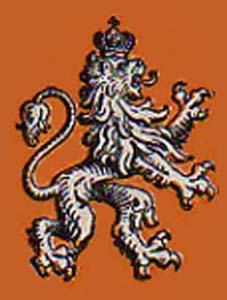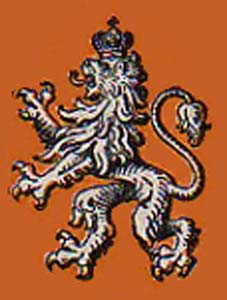| |||
|
Katerina Dimitrova Stephanova |
|
Education and the Missionaries -- Part 2 Because of her later notoriety, Katerina’s early life was an object of curiosity in America and several accounts appeared in print. Rev. C. L. Goodrich, of Plainfield, New Jersey, writing in the November 2, 1901 issue of The Congregationalist and Christian World (p. 666) recounted this period of her life: She is the daughter of a Greek priest of Bansko, Macedonia. Her father had such pride in his child that he wished to make her distinguished by doing something for her which other fathers did not do for their daughters. So he sent her to school. But the school was for boys, no girls were expected. The boys made sport of her, the teacher was rude to her--the result was that one day she fled form the school in tears, feeling that she could never go back. But she wished to learn. She knew that in another quarter of the town there was a school whose teacher had been taught in an American mission. Converts of the missions were despised by the members of the Greek Church. Children were forbidden to go near them. But this child found her way thither and stood hesitating without. The teacher came out to her with a smile and invited her in. There she met only kindness. "It seemed like heaven," to the child. The end of the session came all too soon. That night she dared not confess what she had done. The next day saw her again in the place she had enjoyed so much. But confession had to be made at last, and then her parents, greatly incensed, forbade her to visit the school again. "If I cannot go to that school I will die," was the surprising answer. The next morning she would not rise, she would not eat, not a mouthful did she taste that day or the next. With singular determination in a child of eight -- shall we not call it a providentially directed obstinancy, to open the way to a larger life? -- she would not take one morsel of food till her parents were constrained to let her have her way. Soon the teacher wished to know the girl's parents. He called to see them, to the girl's consternation and her father's great displeasure. But with Christian tact he won their good will, and she was allowed to continue her studies unmolested. When she was thirteen years of age her father arranged for her marriage. The groom had been selected, the ceremony was to take place, but the bride disappeared. With enlightenment beyond her parents and the customs of her land, and with remarkable courage and firmness, she refused to enter into the marriage arrangement. Instead, re-enforced by her teacher's influence, she gained permission to leave home to attend a school of higher grade. Later she graduated from the American Board School at Samokov. And by that time she had won more than intellectual culture--she had won her mother, her brothers and her father to Christ. In her own writings, Katerina does not mention the marriage arranged for her by her father, but during a visit to Bansko by the creator of this website in 1975, it was the consensus of Katarina’s cousin, Milenka Biveva and her two octogenarian aunts, that the young man’s surname was Balev, an old Bansko merchant family. That Katarina had transitioned to a new phase of her life was signaled by a small notice in the August 9, 1892 issue of Missionary News from Bulgaria (p. 5): "The three workers from the Razlog, went horse-back by the mountain pass to the south, -- the shortest route to Macedonia. They were accompanied by Miss Sandra Kolchagova, who, after doing a beautiful work in her native village of Bansko as one of the teachers of the large school there, goes in September to Philippopolis, to teach the evangelical school; her associate in Bansko, Miss Katerinka P. Stefanova, who has been a whole-hearted worker with Sandra, and her close friend, left, a couple of weeks since, for America, to our great regret."
|
| cochranfamily.net |
Richard M. Cochran, Ph.D. |
rcochran@tucker-usa.com Copyright 2009 | All Rights Reserved |

